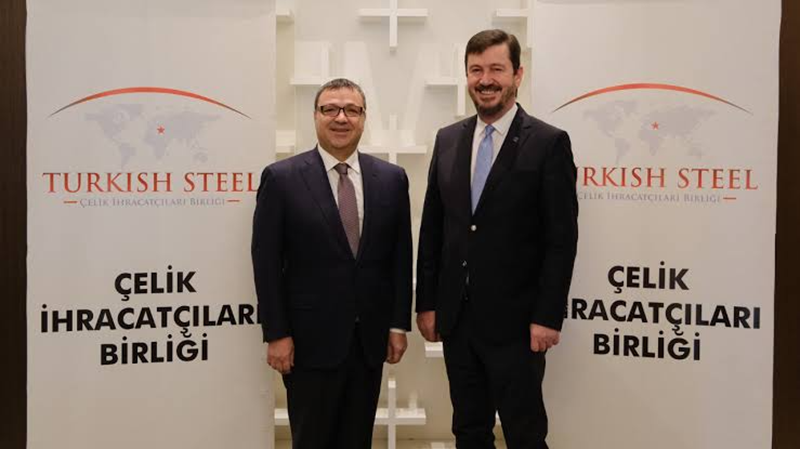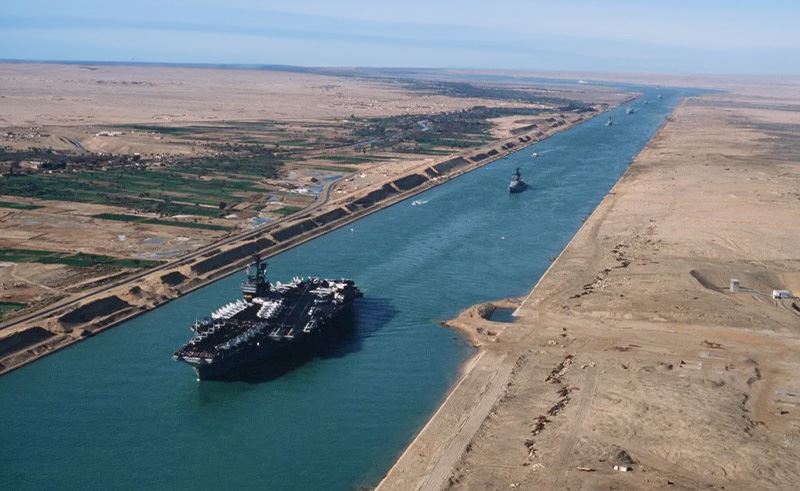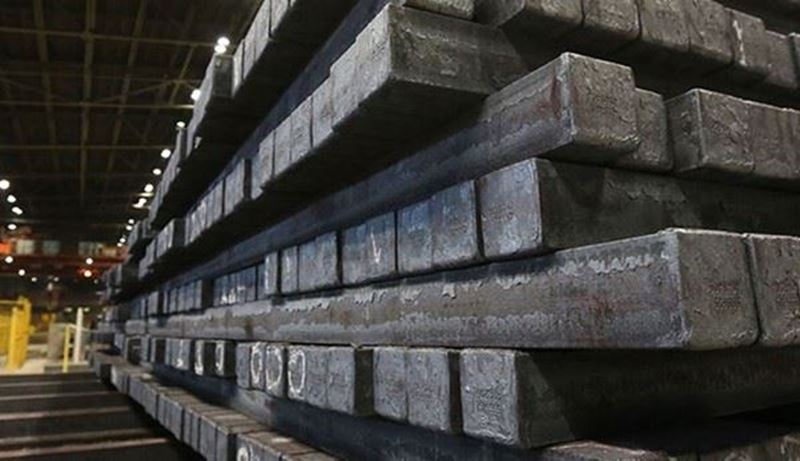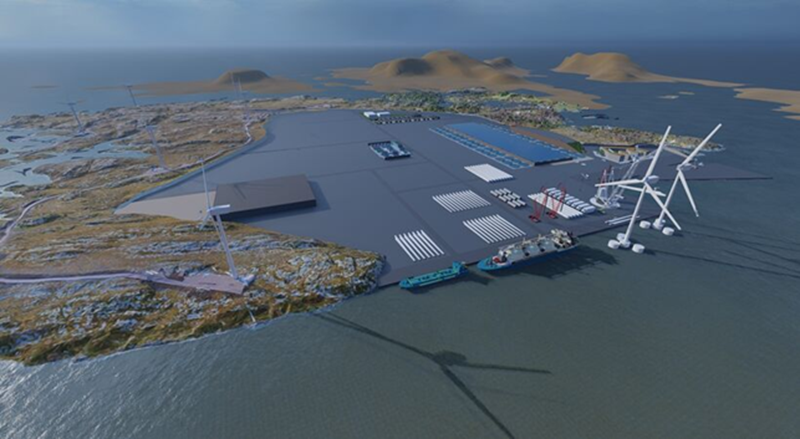Steel Exporters' Association (ÇİB) organized a meeting in which steel import data were reported, evaluations for 2023 were shared and current plans and targets for the sector for next year were mentioned. ÇİB Chairman Adnan Aslan stated that the exports of the steel industry decreased by 31.2 percent in the January-November period of 2023 compared to the same period of 2022, from 19 billion 697 million dollars to 13 billion 545 million dollars. It was noted that the amount of exports in the relevant period decreased by 28.8 percent from 18 million 341 thousand tons to 13 million 55 thousand tons.
At the meeting, information was briefed about the 'Steel Sector Sustainability Action Plan Report' prepared by ÇİB.
Adnan Aslan noted, "In the first 10 months of 2023, imports increased by 14.8 percent to 17 million 639 thousand tons. For the first time since 2015, we have become a net importer of finished steel products. In this context, we have applied to our official institutions for anti-dumping in order to prevent unfair competition created by imports. If it is revealed that the importing countries behave anti-competitively as a result of the examination, additional taxes will be applied. Thus, unfair competition will be prevented."
Stating that the increase in steel imports has had a negative impact on Türkiye, Adnan Aslan attributed this to the protectionist measures taken by countries, quotas imposed by the European Union, US taxes and the fact that countries such as Egypt and Algeria from North Africa have become the net exporters.
Production and capacity usage rate on the downward trend
Adnan Aslan underlined that the capacity utilization rates of the steel industry are hovering around 50-55 percent and made the following statements about production:
"In the first 10 months of 2022, our production was 30 million 91 thousand tons. In 2023, it decreased by 8.8 percent to 27 million 454 thousand tons. Türkiye exports 50-55 percent of its production. In 2022, our exports reached over 20 million tons. In the whole of 2023, it will approach 14 million tons. Under normal conditions, our 2023 target was 16 million tons and 16 billion dollars in exports. However, we fell behind. In 2024, we are targeting 15 million tons of exports. It seems that it will take a little more time to reach the 20 million tons of exports in 2022. For 2028, we have set an export target of 32 billion dollars."
Aslan highlighted the low demand for capacity utilization rates and the high energy costs and continued his words as follows:
" In addition, while capacity utilization rates are so low, steel is being imported both from countries with which we have signed Free Trade Agreements (FTAs) and from other countries. However, products from imported countries disrupt the balances in the domestic market. At this point, we have also applied to official institutions. If, as a result of the examinations to be carried out, it is revealed that a subsidy is applied in these imports, we demanded that additional taxes be applied to the imports in question. We made our application about 1.5 months ago. We expect the process to be finalized within 6-12 months."
"A serious increase in renewable energy investments is necessary"
Uğur Dalbeler, Vice President of ÇİB, said, ''Carbon Border Adjustment Mechanism'' (CBAM) also brings some obligations. Our industry produces from ore and scrap. Türkiye is actually in an advantageous position in this area. Because the emission rate is about 2 thousand kilograms in production from ore and about 400 kilograms in production from scrap. At this point, a significant increase in renewable energy investments is required to reduce emission rates. As a sector, we expect priority in renewable energy investments. If we prioritize and receive support in these investments, we will not lose an advantage in competition. By reducing emission rates, we can avoid additional taxes," he added, emphasizing the importance of energy in the steel industry.









Comments
No comment yet.